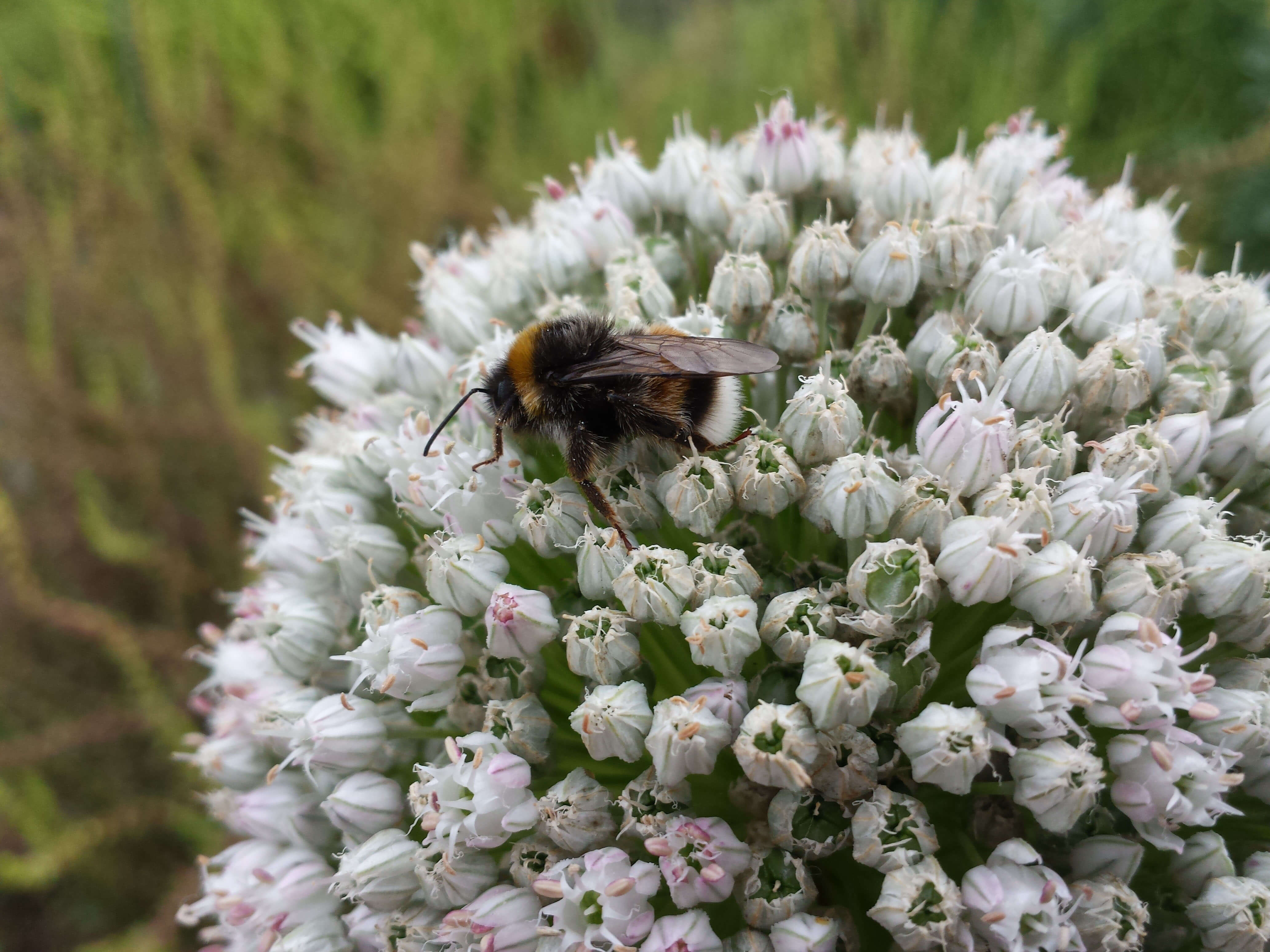
Information

The majority of internship placements at Research & Development involve the breeding process or are in the research lab. The assignments are often part of international research projects.
Biotech Breeder Rafael Chan supervised a Spanish student studying Plant Sciences at Wageningen University who followed an internship at the breeding department for leafy crops. This project combined molecular biology, genetics and statistic. Rafael: “We were looking for someone with an academic perspective who would explore the project in-depth. The student got thoroughly immersed into the project leading to deeper insights and improved varieties. I really believe that interns make a valuable contribution.”
At our subsidiary in Australia, student of Plant Sciences at Wageningen University Josanne researched how onion flowers attract bumble bees. Josanne expected a lot of routine work, but instead she learned many new techniques and skills. She particularly remarked on the great freedom and independence in the project: “I was allowed to make most of my own decisions about the project”.

Bumble bees do not find onion flowers especially attractive – if anything else is blooming in the vicinity they tend to ignore the field of onions. Bumble bees pollinate the onion flowers and are therefore vital for onion production. If breeders know which characteristics bumble bees find attractive, they can include these traits in the new varieties. This research project therefore had a highly practical application.
“It maybe sounds like a cliché, but it is more important to know what your skills are than learning to perform specific tasks.”
During her placement, Josanne learned how to apply theory to practice. “Some things such as deciding whether a plan is feasible, and whether it actually makes any sense collecting certain data, are difficult to explain during a study programme. It maybe sounds like a cliché, but it is more important to know what your skills are than learning to perform specific tasks.”
Descriptions, recommendations and illustrations in brochures and leaflets shall correspond as closely as possible to tests and practical experience and are subject to typographical and/or printing errors. This information shall be provided to assist professional growers and users, whereby variable local conditions must be taken into account. Under no circumstances shall Enza Zaden accept liability based on such information for deviating results in the cultivated product. Current information concerning the resistances is available on www.enzazaden.com.